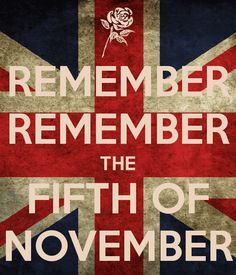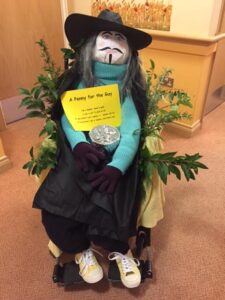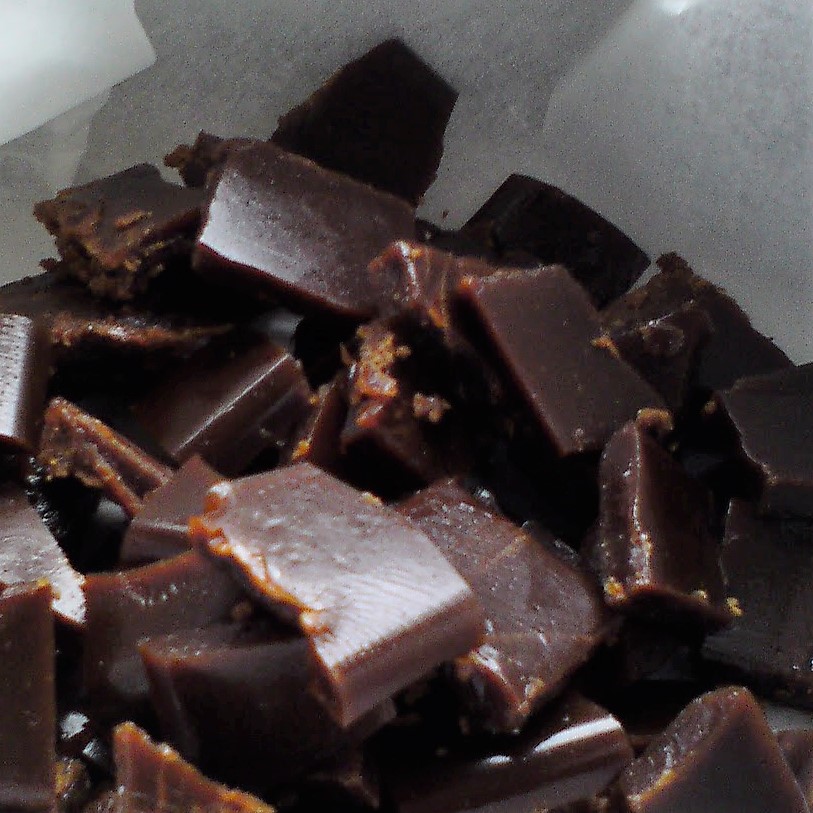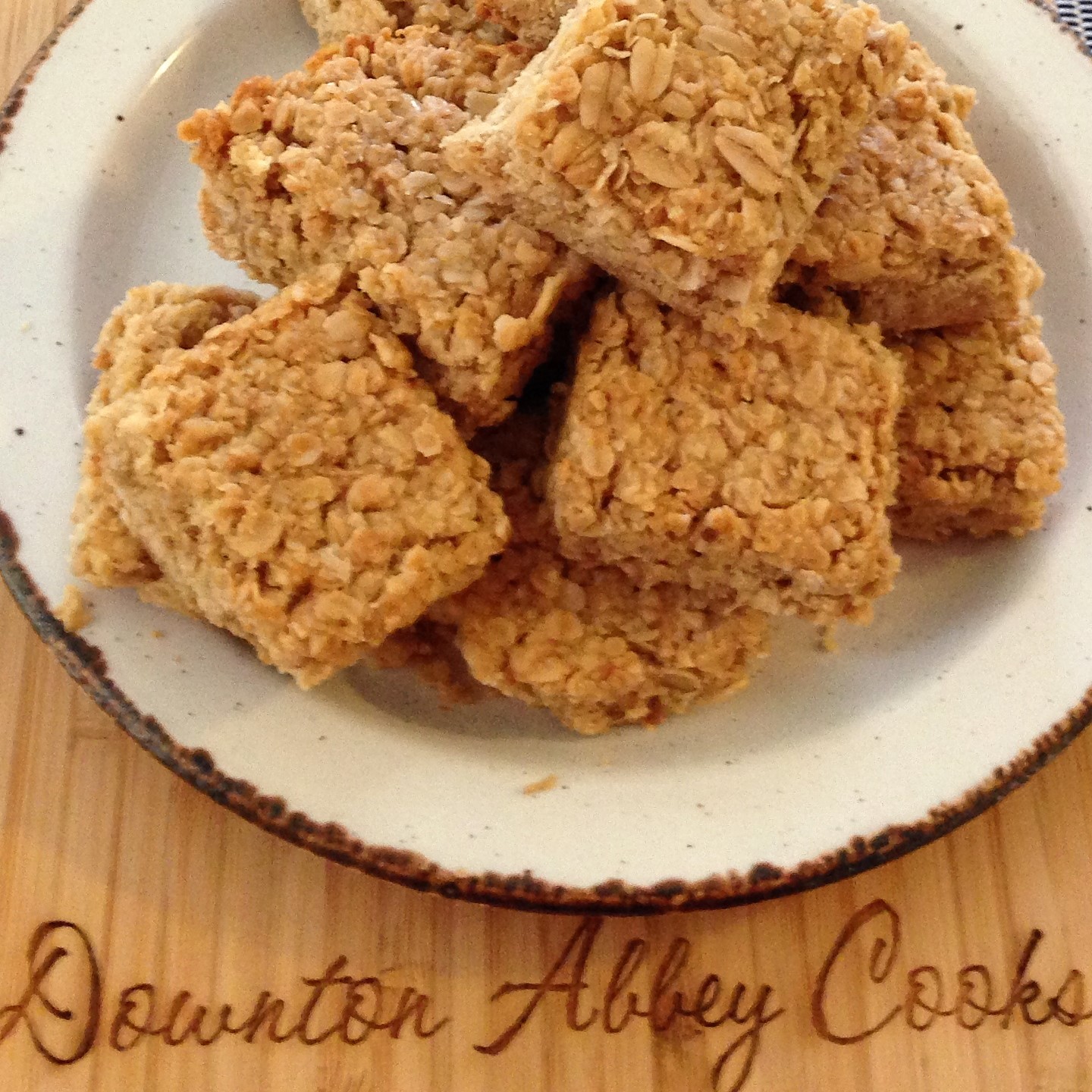 November 5th marks Guy Fawkes Day (also known as Bonfire Night) in the United Kingdom, an annual commemoration with origins dating back over 400 years. While not as widely celebrated today, it remains an important part of British history and culture. For Americans unfamiliar with this unusual holiday, here’s a look at the traditions, symbols, and mouthwatering foods that make it unique.
November 5th marks Guy Fawkes Day (also known as Bonfire Night) in the United Kingdom, an annual commemoration with origins dating back over 400 years. While not as widely celebrated today, it remains an important part of British history and culture. For Americans unfamiliar with this unusual holiday, here’s a look at the traditions, symbols, and mouthwatering foods that make it unique.
The History
Guy Fawkes Day commemorates the failure of the Gunpowder Plot on November 5, 1605. This was an attempt by a group of provincial English Catholics to assassinate King James I and blow up the Houses of Parliament in London. Their goal was to incite a revolt and restore Catholic rule in Protestant England. The plotters secretly placed large amounts of gunpowder in a cellar beneath the House of Lords, planning to detonate it during the State Opening of Parliament. However, authorities received an anonymous tip and searched Westminster Palace in the early hours of November 5, discovering Guy Fawkes—one of the key conspirators—guarding the explosives. Fawkes was arrested, tortured, and later executed along with several other plotters for high treason.
From that year on, November 5th was deemed a day of celebration in England. People lit bonfires around London to symbolize the failure of the plot against the government and King James, who later instituted an annual public day of thanksgiving. Effigies of Guy Fawkes were traditionally burnt on the fires as a condemnation of his treasonous actions. Over the centuries, various traditions and symbolic meanings became ingrained into the commemoration.
Bonfires and Fireworks Displays
Giant bonfires remain the centrepiece of most Guy Fawkes Day celebrations. Every year, communities and organizations across Britain host bonfire night events, often with a spectacular fireworks display. It’s a thrilling experience to walk around and enjoy the sights, smells, and sounds of hundreds of rocketing fireworks paired with blazing bonfires. Sweet candies and savory baked potatoes are popular snacks to munch on while watching the colourful explosions light up the night sky.
In addition to community gatherings, it’s also traditional for children to set off fireworks at home with their families. Safety regulations limit the types of fireworks available for purchase by the public. But you’ll still see plentiful pops, bangs, and colourful showers when walking through a residential neighbourhood on the 5th. Backyard fire pits and BBQ grills may also be fired up to flame the spirit of Guy Fawkes Night.
 Penny for the Guy
Penny for the Guy
No celebration would be complete without effigies representing Guy Fawkes. Originally live-size dummies were tossed onto bonfires as a symbolic destruction of the traitor. Nowadays, children carry smaller effigies through the streets on November 5th asking “A penny for the guy?” The effigies are typically made by stuffing old clothes with newspaper to create a life-size figure, then adding a Guy Fawkes mask.
The tradition represents both begging for pennies to buy fireworks and fundraising for the bonfire events. It’s also a way for children to learn about the history behind Guy Fawkes Day and its anti-Catholic overtones which have softened over the years. After collecting spare change all day, the kids haul their “Guys” to the bonfires where they go up in flames!
Celebrating Cultural Traditions
Although Guy Fawkes Day began as a commemoration of a failed attempt against the English Crown and Parliament, it evolved into a cultural holiday steeped in unique symbols, foods, and traditions. Families gather to enjoy fireworks displays, snack on sweet and savory treats, and keep the spirit of Bonfire Night alive. It’s a chance for communities to come together and partake in a shared cultural experience unique to Britain.
Tasty Treats and Recipes
What’s a celebration without good grub? The traditional dessert for Guy Fawkes Day is bonfire toffee, a sweet, sticky candy made with butter, sugar and golden syrup boiled to chewy perfection. Other popular sweets include treacle tarts, gingerbread men, baked apples stuffed with raisins and cinnamon, and toffee apples coated in crunchy nuts.
Heartier pies and pasties are often served as a nod to the failed Gunpowder Plot. Steak and ale pie, shepherd’s pie, and roasted chicken or turkey may fill the table along with lots of warming soups and baked potatoes. And since it falls in early November, seasonal produce like squash and root vegetables are ripe for harvest.
Try making some bonfire toffee or parkin cake at home to get a taste of Guy Fawkes Night:
So although Guy Fawkes himself holds a notorious spot in British history, his legacy lives on through this long-held commemoration. If you ever visit the UK in early November, be sure to check out a Bonfire Night celebration and immerse yourself in this iconic British tradition. Just duck when you hear a firework whistle overhead!






